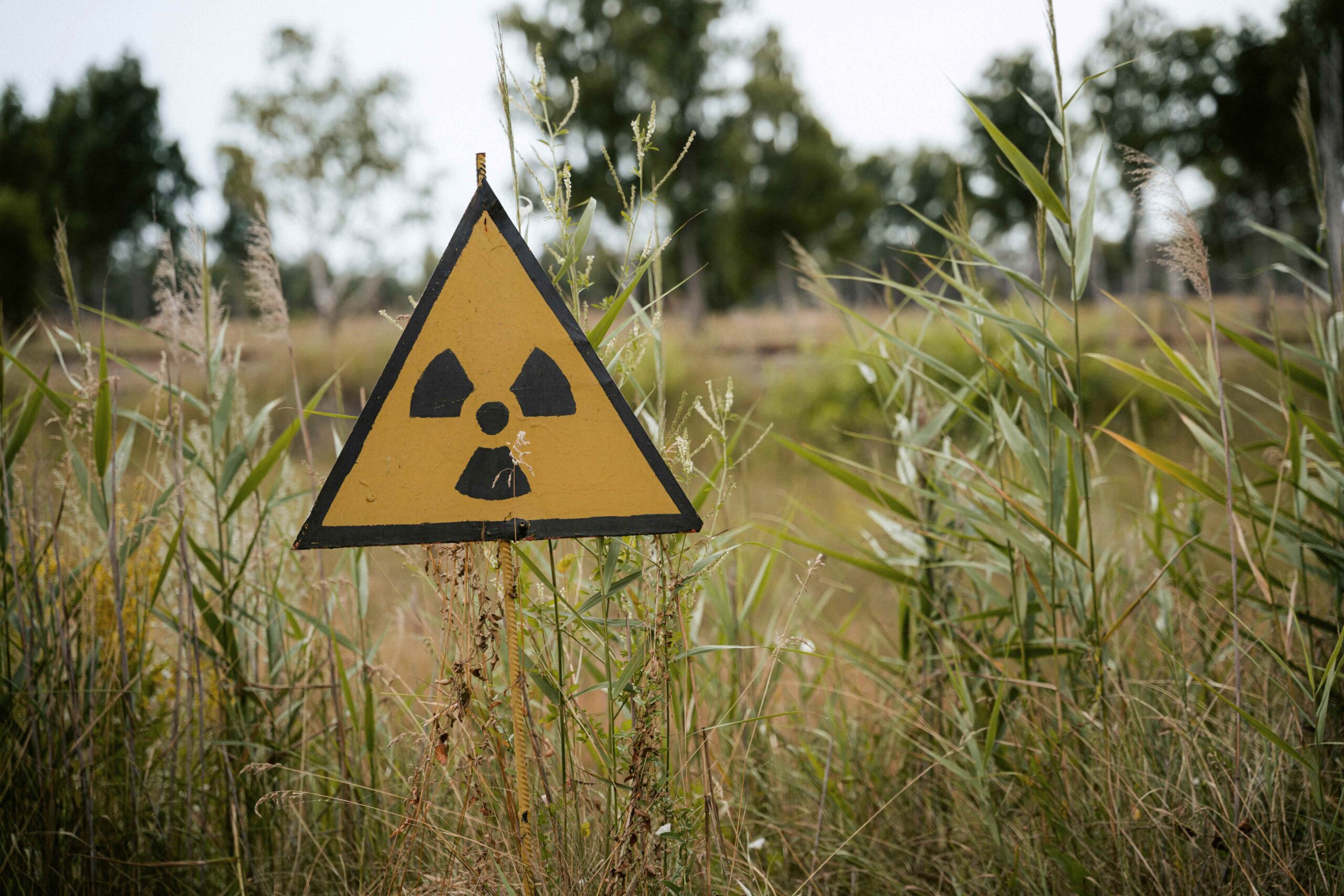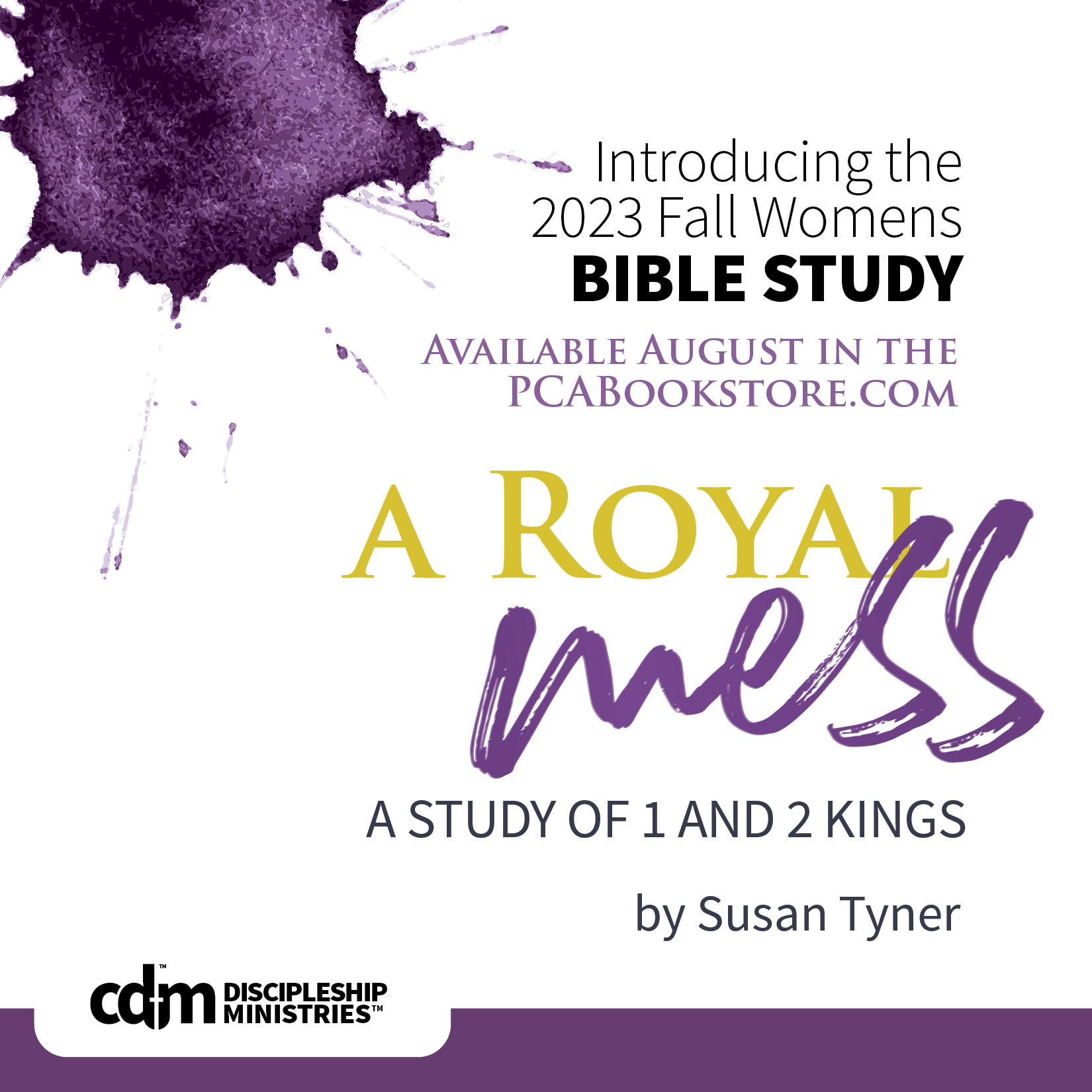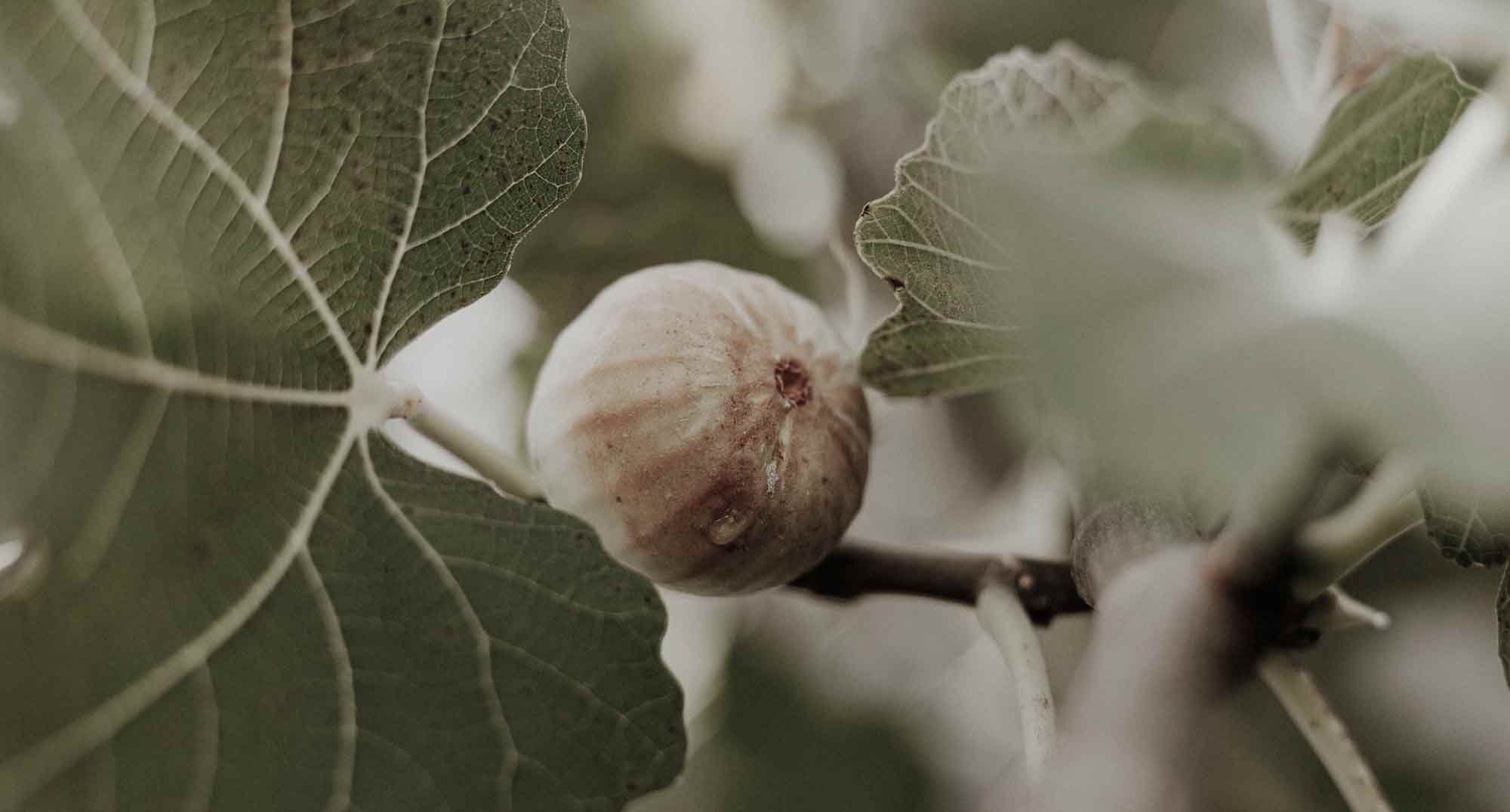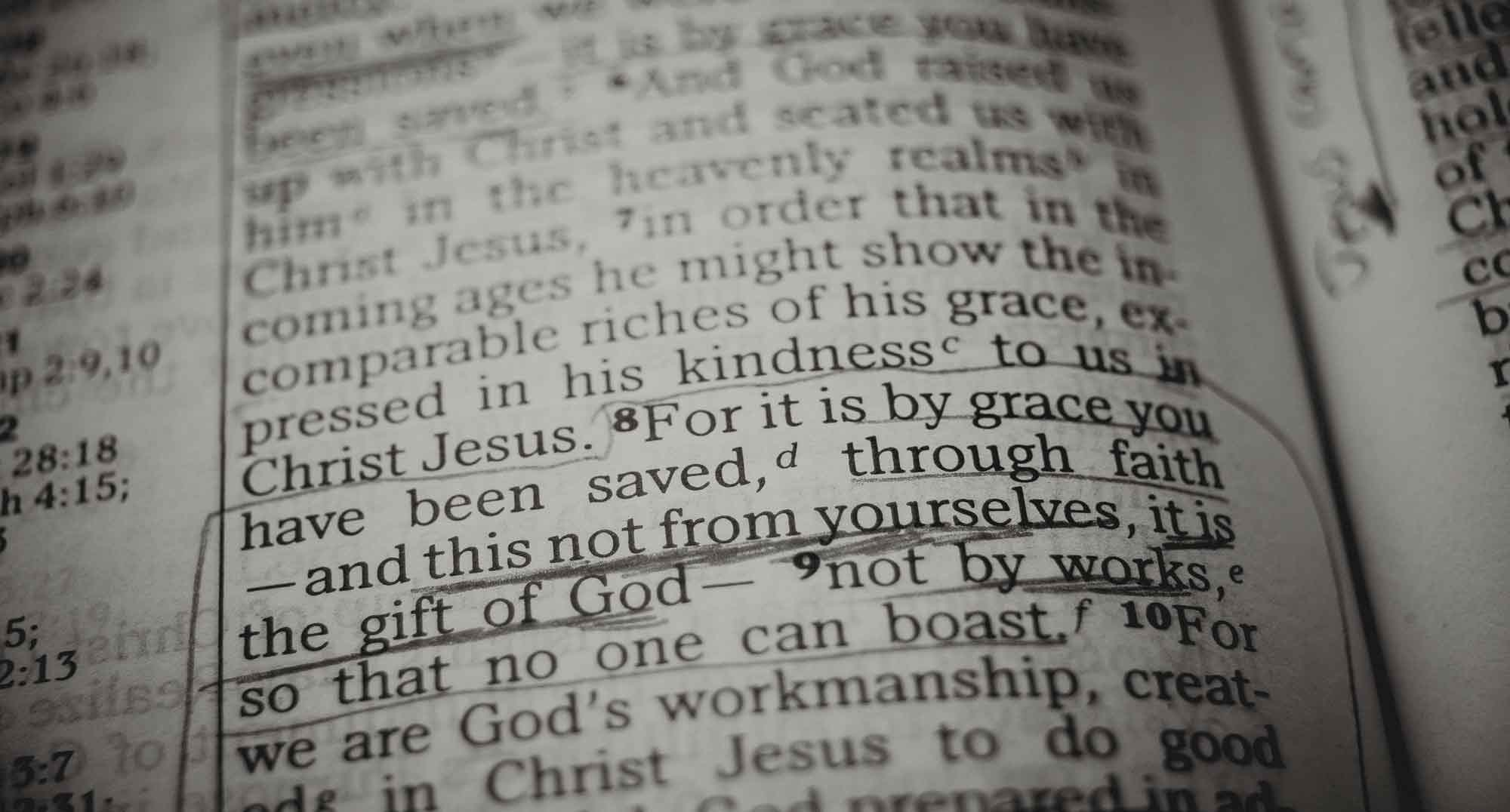Responding to Our Sin
JULIANNE ATKINSON |GUEST My favorite writer in the Bible is the Apostle Paul. If Paul was a murderer and God STILL used him on the scale he did, he can use me despite my sins and failures. If Paul wrestled deeply in sin struggles and God STILL loved him, he can love me too. And after all of that, if Paul can fervently love Jesus with his mind and heart, pointing to him in what he says and does, I want to do that too. We see Paul’s heart in the book of Romans. I find chapters 7 and 8 especially encouraging where Paul writes about struggling with his sin. He describes how he does what he doesn’t want to do and doesn’t do what he wants to do (Rom. 7:15-20). We tend to idealize biblical characters, but Paul opens up about the fact that he has to literally wage war with his own sin, citing covetousness as an example earlier in the chapter. Our sin can be intimidating when the scales fall off and we see the true depths of our depravity. We often respond in several different ways to the reality of our sin. The large-scale analogy that I like to think of to compare it to is what happened at Chernobyl. Before the current tragic war, I was blessed to go to Ukraine a couple of times and teach English. One year, many Ukrainians told me about the HBO series on Chernobyl and said they loved it so I decided to watch it for myself. They were right. It is fantastic and I recommend it. Using this analogy, I want to describe three ways we might respond to our sin. Enter into the Struggle If there’s one thing that characterizes this series, it’s being told the right thing to do, and choosing the wrong thing to do, over and over, to the devastation of many lives. Sin can be like a nuclear explosion. It’s ugly, messy, and it contaminates everything in its vicinity. At Chernobyl, the nuclear core mysteriously explodes, and we see people respond just the way we do when we see our sin. First, we have the nuclear physicists. They’re the heroes. They acknowledge the problem and enter into the struggle, just as Paul does with his sin in the book of Romans. They’re informed; they know something happened and that it was catastrophic. They know the right thing to do and that it’s embarrassing; it requires some serious sacrifice, lots of work, and if they don’t act immediately and engage with the issue it will get much, much worse. “For if you live according to the flesh you will die, but if by the Spirit you put to death the deeds of the body, you will live” (Rom. 8:13). Cover it Up...










